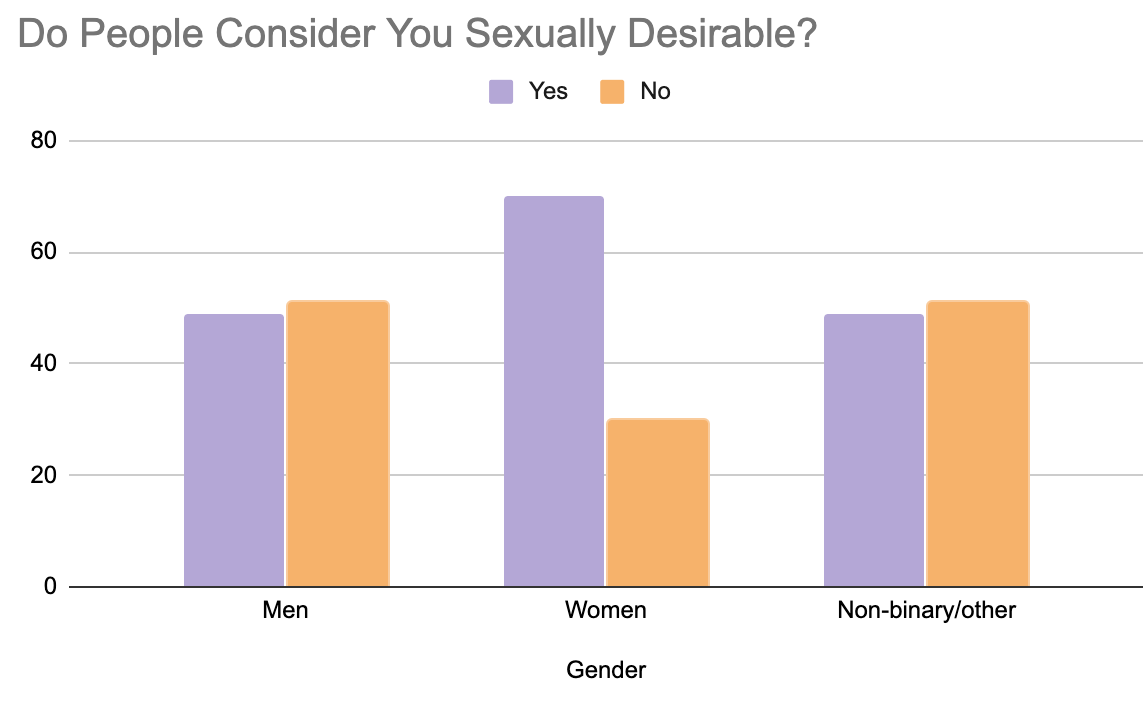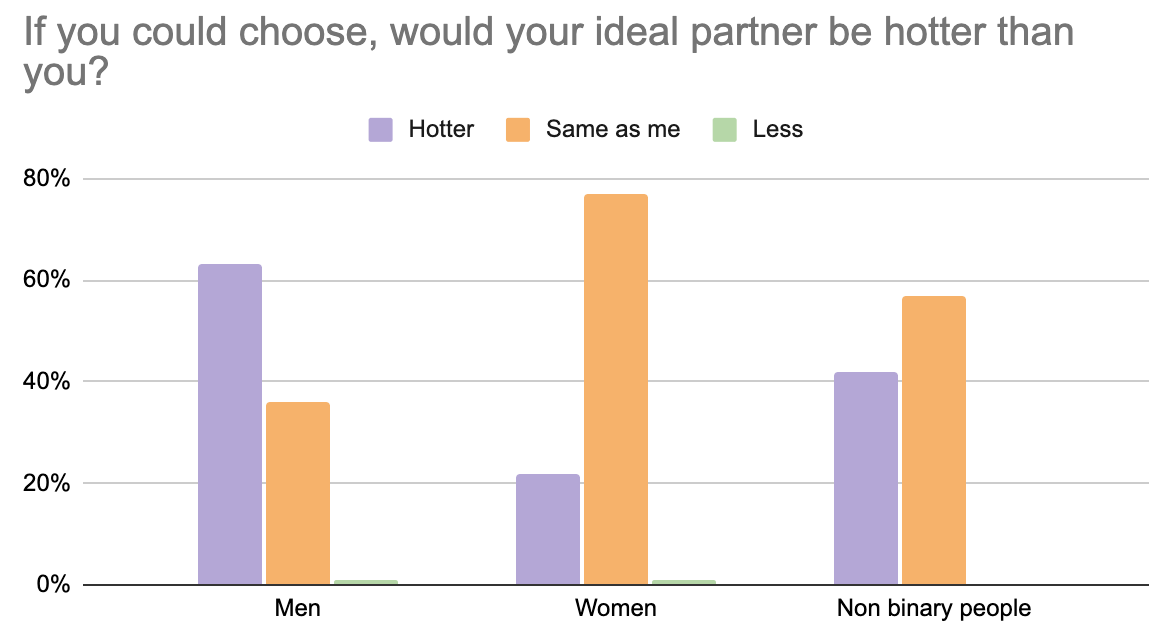Sex Robots Will Replace Some Things
I thought sex robots would never catch on among anyone except "chronic gooners." I might have been wrong.
Yesterday I announced I’m raising my prices (starting next Wednesday) which will not apply to existing paid subscribers. To secure a paid subscription at the current low price, consider upgrading today! I also introduced a new tier, the gooner/sicko tier, for the ultimate CHH gooners who want to engage in the chat, get custom Trump impressions, and more. Anyway…
Lately, Twitter has been in a sex robot-palooza. Images are circulating of androids designed for sex, potentially soon merging with a ChatGPT-like LLM to have real-time conversations. One must wonder: in the near future, will you be able to have sex with a robot, and then program it to say a slur to save humanity from nuclear destruction?
The discussion goes beyond the technical advancements we can expect in the realm of Digital Poonani. I saw a plethora of tweets insinuating that these “sex robots” will ultimately replace women entirely, and that women are upset that they exist because we can’t handle the competition. Certain men fantasized about a world in which women are completely shut out of the dating market in favor of robots, who, oddly enough look even less realistic in the fantasy than in real life:
Other people felt that the robots would replace men, too. If single men and women are so unhappy with each other, and robots manage to fill the niche in ways that human singles don’t, will everyone just be happier pairing off with Sexy WALL-E?
I disagreed. I had a tweet go viral which said this:
Many people agreed with me but many people also disagreed. Some people said I was taking a “female-centric” view to sex and not accounting for just how happy men are to have sex without any consideration to whether the other person is into them. The rationale here is that the vast majority of men aren’t attractive to anyone, so for them it would be the difference between having “fake” sex or having no sex.
I was skeptical. I believe that there are fewer men considered sexually desirable than women, but I don’t think that so many men are considered sexually undesirable (especially in unfixable ways) that sex robots would appeal to the majority.
I decided to run a survey among all singles of all ages, genders and orientations to get an understanding of whether my tweet was true. As it turns out, my tweet is only a little bit true. In some ways, I was wrong.
A few details about the respondents:
600+ singles filled out the survey
76% were men, 21% were women, and 3% were non-binary or “other”
22% of respondents considered themselves part of the LGBTQIA+ community
I wouldn’t be surprised if this survey skewed toward people who struggle to find romantic or sexual companionship, especially men, since those are the target demographic for sex robots. So keep that in mind when viewing the results.
The goal of this survey was to understand:
Which attributes would make someone more likely to eschew dating entirely for the company of a robot?
Would people view robots as an enhancement to masturbation, akin to a sex toy or porn, or would they view them as a replacement for a relationship? Do they see a meaningful difference between these things?
At what point of technological advancement in AI would a sex robot become more (or less!) appealing to its target market?
At what point of technical advancement could a robot go from masturbation aid to partner replacement?
Let’s get started!
Porn, Sex Work, and Sex Toys
First, let’s talk about sexual desirability and current sexual behavior.
Of the respondents, women were far more likely than men to answer yes to the question “Do you think a decent amount of people would consider you sexually desirable?” 70% of women answered yes to this question compared with 49% of men. This is probably a somewhat accurate self-assessment. While I don’t agree with extreme statements like “women only want the top 10% of men,” I think it’s somewhat safe to say that women are less horny than men are, less interested in casual sex, and therefore are more discerning with what they consider sexually attractive. There’s also the element that men who consider themselves unattractive might be more interested in taking a survey like this. Non-binary people answered identically to the men.
LGBTQIA+ men were more likely than straight cis men to say that other people consider them sexually desirable (54% to 49%.) LGBTQIA+ women answered identically to straight cis women (70%.)
Unsurprisingly, women were more likely to use sex toys on at least a weekly basis than men, and men were more likely than women to watch porn on at least a weekly basis:
I also asked if respondents had ever, or would ever, purchase sexual physical contact from a sex worker. The “I might” answer indicated that the circumstances would have to be “right,” I didn’t ask people to clarify what that circumstance would have to be because I figured that would vary considerably between people.
I wasn’t surprised to see that this behavior was uncommon among women (zero straight women responded yes to this question) but I was surprised to see it was as common among men as it was, especially straight men (18%!)
Because straight men made up the majority of sex-purchasers, I checked to see if this behavior was more or less likely among men who believed that other people found them sexually desirable. I anticipated that men who did not consider themselves desirable to others were more likely to purchase sex, but actually, the percentages were more or less the same either way. Watching porn on at least a weekly basis was somewhat correlated with a higher likelihood of purchasing sex, but not significantly.
Robot Scenarios, and the Tipping Point
Then I asked respondents how likely they would be to want to have sex with a sex robot as they currently exist, assuming no barriers to cost. I gave them the options:
Yes, and I would continue
Yes, until I found a human partner
No
I should point out that at this point, I decided to consolidate all women and all men, regardless of sexual orientation, for simplicity but also because at this point, sexual orientation did not make a big difference in how the questions were answered.
So I asked another question, which I anticipated might be relevant when it came to sex robots, who are basically always good-looking. In an ideal world, would you want your romantic/sexual partner to be better-looking than you or equally as hot as you? Women were significantly more likely to say they wanted someone equally as attractive as they were, whereas men were more likely to want someone more attractive than they consider themselves. These percentages stayed fairly constant around people whether they considered themselves attractive or not:
Surprisingly, the desire for a partner hotter than yourself did not seem to impact people’s willingness to continue to have sex, indefinitely, with a sex robot in its current form. I think that’s because the sex robots as they currently exist are, for the vast majority of people, a masturbation aid at best. They aren’t a substitute for a relationship.
But that might change if they develop the ability to have convincing conversations…or the ability to experience “real” desire or pleasure.











